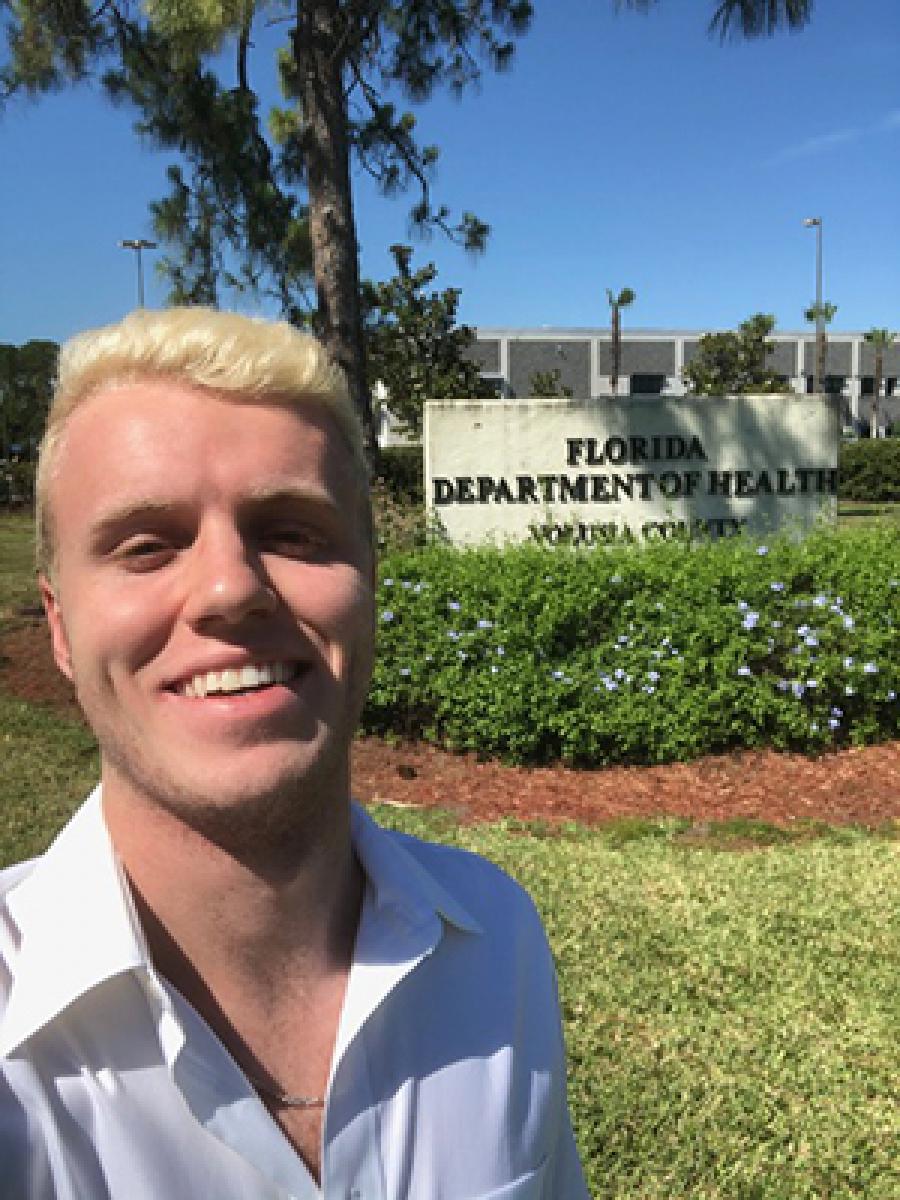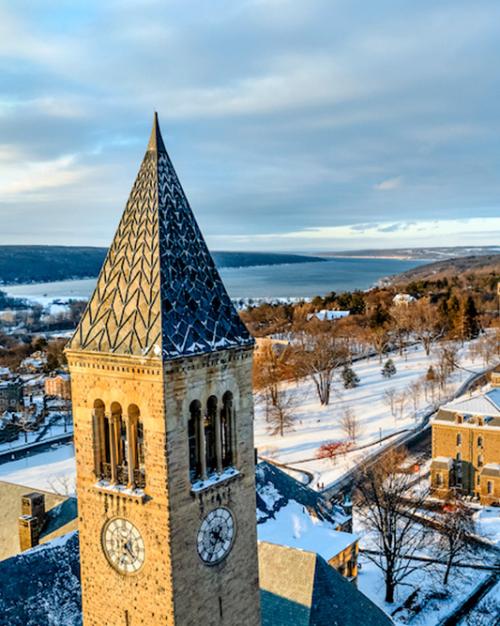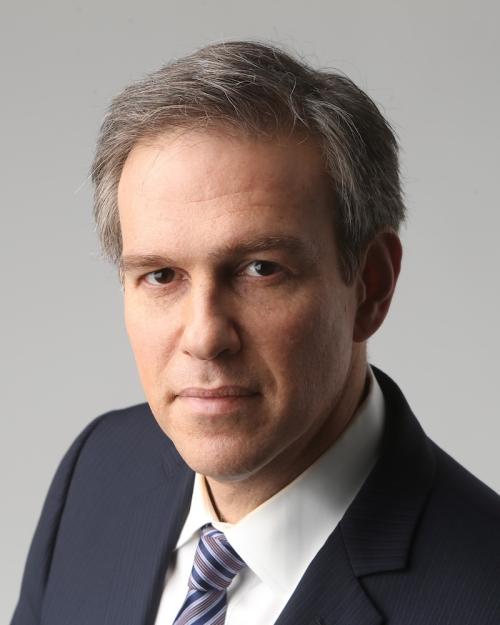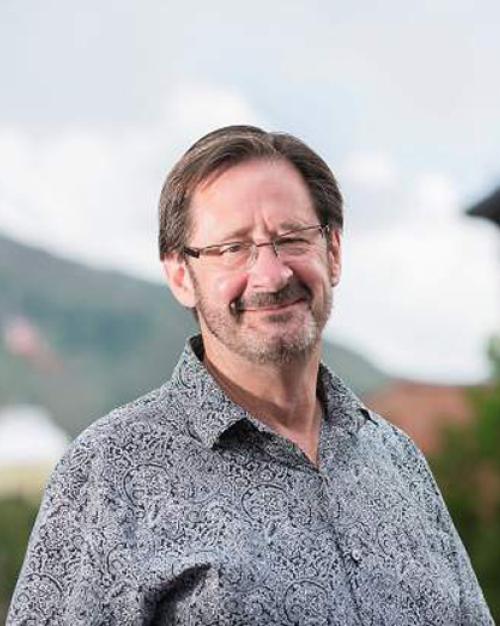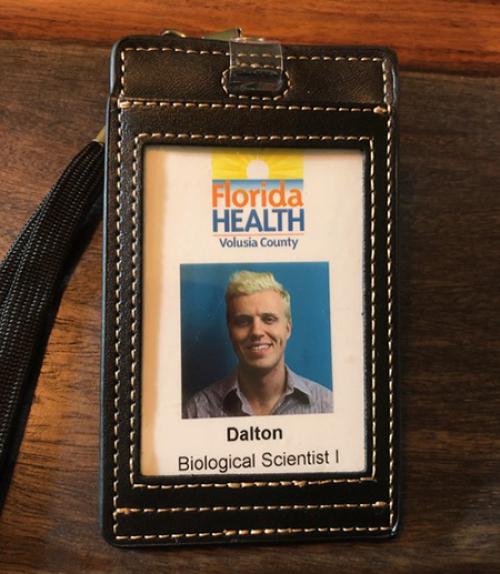As a college senior stuck home during quarantine with an interest in infectious diseases and past experience with the World Health Organization (WHO), Dalton Price ’20 thought it was completely obvious that he would sign up to help in any way he could during the COVID-19 pandemic.
Price first tried to help WHO efforts in Colombia, as soon as word came from Cornell that classes would be online for the rest of the semester. But literally as his plane was in the air, Colombia closed its borders to outside visitors, so he ended up back home near Daytona Beach, Fla.
So, these days, along with finishing up his studies as an anthropology major, Price spends about 25 hours a week working with his county health department, helping to track cases and educate people about the virus.
“I know my community well and had already reached out a few years ago to our health commissioner, so I sent her an email again,” he said. “I want to do what I can.”
He’s also published an opinion piece in Common Dreams in response to President Trump cutting funding to the WHO and is working on another that he plans to submit to the Daytona Beach News Journal. He posts frequent updates on Florida cases on his twitter account, which is followed by more than 500 people.
He plans to use any means he can – social media platforms such as Twitter and Facebook, newspapers, town meetings, Zoom forums and phone calls and emails with residents — to make information about the virus more accessible for people.
“There’s so much misinformation and people form their beliefs because of this misinformation,” he said. “I don’t blame them, but if we don’t deal with this now, then when a vaccine comes, we will have a whole other issue of people refusing to get the vaccination.”
Price isn’t the only one in his family working on the pandemic. His mom is a nurse in Florida who volunteered to go to New York City to help there and his dad is a paramedic working on cases in North Carolina.
Price spent four months last summer working with the WHO in its Cairo, Egypt office, studying antimicrobial resistance issues throughout the Middle East and North Africa. He’s interested in issues of global health, but from a human centered perspective, hence his major in anthropology.
“By no means am I an infectious disease expert,” Price said. “I’m just doing what I can to make this thing stop and learning at every step of the way.”
Price plans to continue working for the health department this summer, before heading to Oxford University in the fall to begin a doctoral program in medical anthropology.
“I’ve been working non-stop for four years, so I was planning to just lay down and do nothing this summer, but then this happened, and I thought I’d better get involved,” he said.
